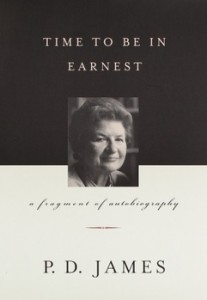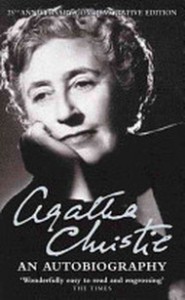What exactly is professionalism? Well, here’s what professionalism means to me:
- You know your stuff. You have mastered your craft or, if you are a journeyman (still learning), you are serious about learning.
- You listen carefully. You are focused on my business need (product or service). You are alert, smart, and resourceful in the way you supply that product or provide that service.
- You are on time. My time is valuable to me. Your time should be valuable to you. Assets of value deserve to be treated with respect.
- You present yourself professionally. You are dressed appropriately for the product or service you provide. You don’t need to be a fashion plate but it should be clear you made an effort to look presentable – i.e., you are neat and clean.
- You are honest. I want to trust the people I do business with.
- You are reliable. Integrity is important. If you say you’ll do something, I want to count on you doing it. I know glitches and snafus happen. That’s okay – just keep me updated.
- You instill confidence. If I hire you to perform a service, I want to feel I’m in good hands.
- You are courteous. I may sound a bit British here, but courtesy also means you are polite without being familiar.
- You are pleasant. Brash, irresponsible, sarcastic people are compelling and amusing characters – in books and movies. But they are also the kinds of people you’d avoid in business situations. I like doing business with nice people. I think most other people do too.









